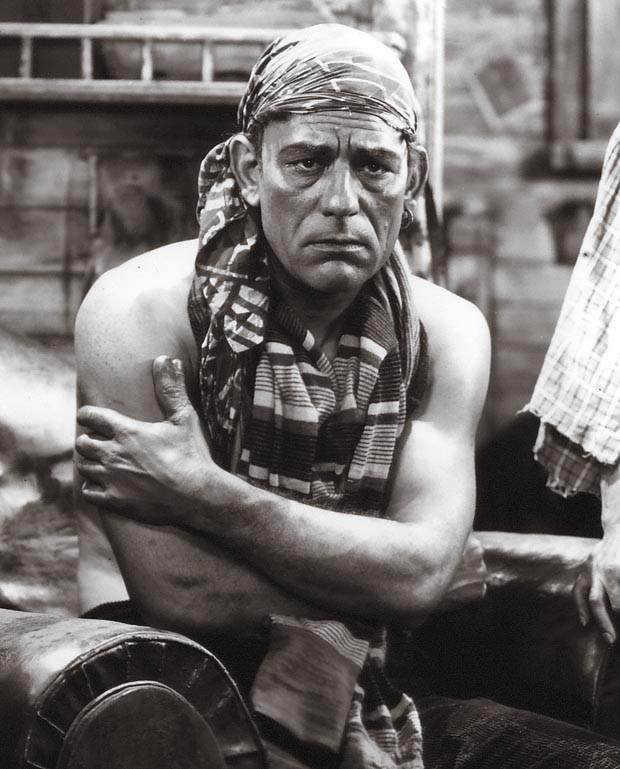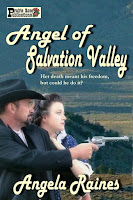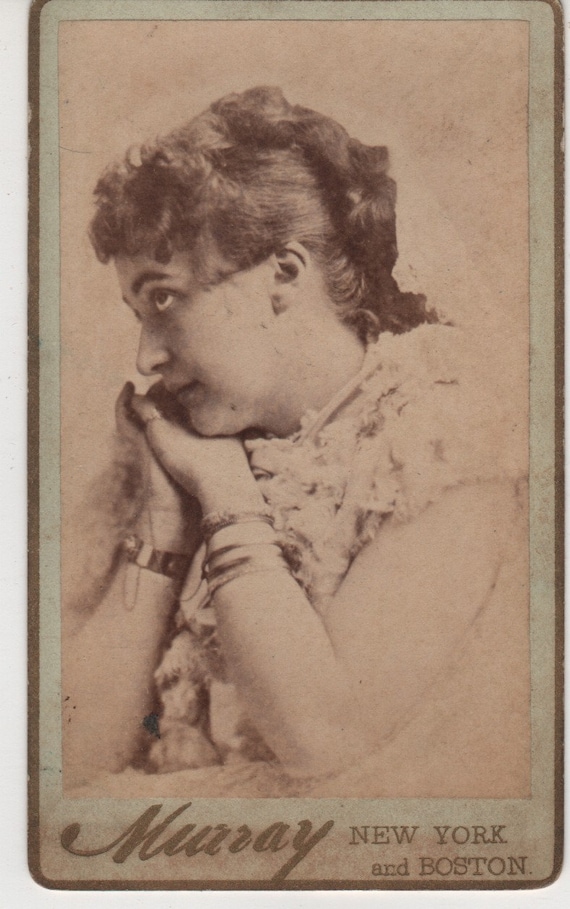So who was Lon Chaney and why do I love his story and work?
 |
| From Wikipedia - Lon Chaney during production of The Miracle Man - 1919 |
The story is Chaney went through fourth grade,then due to family hardship, Lon quit school to find a job and help out. News articles after his death claim he worked as a guide on Pikes Peak. He got a taste of the theater when he worked as a stage hand at the Colorado Springs Opera House in the 1890s after his brother John helped him land the job. The review for his first appearance in front of the curtain read "As a comedian he is irresistible and it would be hard to find his equal in the dancing among many first class vaudeville performers."
 |
| Lon Chaney - date unknown |
Elza Schallert, magazine writer and radio host, in her article "Behind Lon Chaney's Mask" had this to say:
Lon Chaney, [as an actor] I believe, is writing his signature on the page whose ink is not yet dry. And I believe it will be in years to come a bold, vigorous impression, easy to read and remember.
Chaney is an actor who, once seen, is never forgotten. He may not win your unqualified approval, with his extreme characterizations. He may annoy you more than inspire, with his hideous makeups of clouded eyes, twisted limbs or dangling teeth and a formless head. But you remember him!
His mask may be to some a nightmare but the force of his acting is strong enough to make itself felt through a disguise of putty and false hair and iron clamps that would annihilate the most potent of actors.
And in the end, no matter how repulsive the characters he plays, no matter how implacably villainous, he always becomes a hero — a tragic one, perhaps — who gains your sympathy and touches the heart.
.Lon himself had this to say, according to the article "My Darkest Hour":
"When I saw my first picture on the screen, a comedy, I wept!" And Lon Chaney grinned cheerfully, now that it was all safely in the past. "I had been playing a musical comedy and naturally supposed I could get over in pictures. In fact, I recall thinking how I would knock Ford Sterling — cold. As I considered Sterling a great artist, you see, I was aiming high.
"Instead of dealing him a blow, I gave it to myself, I was crushed, motor mortified, discouraged — oh, desperately discourage. I thought if this is screen comedy I'll go back to cold and dill, for at least my humor was welcomed on the stage.
"Positively, I did the most unfunny things imaginable before the camera, and for the life of me I couldn't get the idea. Well, I made three attempts, each worse than the last. Then one day, disgusted with my failure, I gritted my teeth and determined I'd win or die in the attempt.
"That very afternoon I ran into Jack O'Brian out on the lot: he was directing Jeannie MacPherson who wrote this scenarios and was being featured. Harry Van Meter was the lead. O'Brian told me he was looking for a heavy. I felt so discouraged with my comedy, however, that I thought I might as well take a chance, so went at it.
"Well, I made good, and Jeannie then wrote two stories expressly for me, one had a weird hunchback role — great! This was when I began the study of makeup. In musical comedies you can paste green whiskers on your chin, do a funny little dance along with your song and get away with it, so I knew nothing about makeup, but having embarked as a heavy in motion pictures I went at it heart and soul.
That story with the weird hunchback is what launched Chaney into the stratosphere. As part of his method, Chaney wore a pack of steel on his back, a steel vice which distorted his legs and of course the heavy on his face to portray the doomed man.
Lon Chaney died August 26, 1930.
For those who only know Chaney from his drama roles, you miss so much of what made him a great silent film star. If your ever in the mood, or one of the movie stations play some of his work, go yourself a favor and watch the master at work. For those who can't wait, here's the link to Phantom:
Phantom of the Opera (silent film 1925)
For more intense reading, I recomment the books, both by Michael F. Blake. "The Man Behind the Thousand Faces" and "A Thousand Faces: Lon Chaney's Unique Artistry in Motion Pictures"
Until next time, enjoy the remains of fall, don't eat too much Halloween candy and keep those eyes reading and those fingers writing.
For those who like the supernatural, you might enjoy the novella, "Angel of Salvation Valley". Below is an excerpt of the story of Drew and Lizzie:
Drew tried to remember the quote he used to say to get him through
the days in solitary. He wanted to stop the noise, but every time he
tried to recite it in his mind, his head began to sear with pain. It
was an effort to hold the thought, but hold it he would. "You
have power over your mind, not outside events. The choice you make
defines you. Gra....". He did
it, he held the thought, but the rest of the quote wouldn't come.
Trying as much as he could, the rest was just out of reach. The pain
was so overpowering he let it go.
Still, the conversation looped through Drew's brain over and over
growing louder with each telling. Drew tried to close out the sound,
but some part of his brain told him that would be useless. Between
the moments of clarity, where the smell of dust and pine intruded on
his memories, Drew's world twisted around the arrest, the trial,
Harold, the prison break, on and on. Then his dead mother's words
interrupted his thoughts.
"Andrew, what have you done?" she asked.
Drew saw her, felt he could reach out and touch her, looking just
like he remembered her before she was killed in an accident..
"I didn't kill that man," Drew cried, reaching a hand
toward her. After three years in prison, all in solitary, he stopped
trying to make people believe. Now, he had to make sure his mother
knew, but the pain in his head throbbed harder. He reached up,
grabbing his head. He almost missed her words.
"I know you didn't, I'm sorry you had to suffer," she said
reaching out to touch his face, abating the throbbing in his head for
just a moment.
 |
| ebook- Amazon- purchase here |
Doris Gardner-McCraw -
Author, Speaker, Historian-specializing in
Colorado and Women's History
Colorado and Women's History
Member of National League of American Pen Women,
Women Writing the West,
Pikes Peak Posse of the Westerners
Angela Raines - author: Where Love & History Meet
For a list of Angela Raines Books: Here
Photo and Poem: Click Here
Angela Raines FaceBook: Click Here











